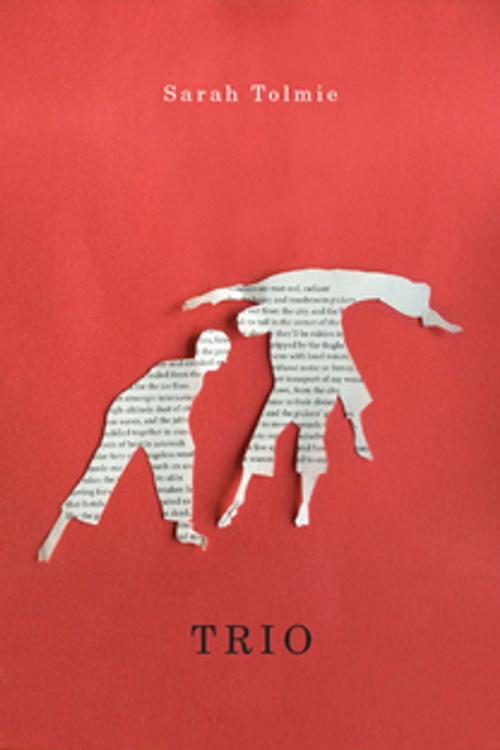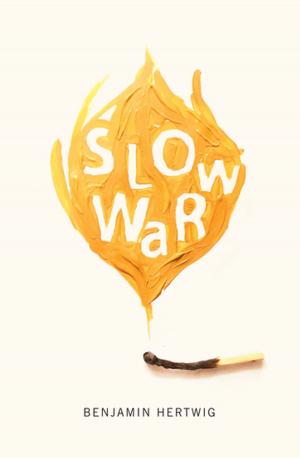| Author: | Sarah Tolmie | ISBN: | 9780773597037 |
| Publisher: | MQUP | Publication: | February 1, 2015 |
| Imprint: | MQUP | Language: | English |
| Author: | Sarah Tolmie |
| ISBN: | 9780773597037 |
| Publisher: | MQUP |
| Publication: | February 1, 2015 |
| Imprint: | MQUP |
| Language: | English |
Walk away before you are threadbare / Preserve your strength, preserve your curly hair / For others' use. Least I can do. / Let your fabric relax, snap back to mold / Another body and reveal its gold. A collection of 120 sonnets in eight parts, Trio reveals, frame by frame, a married fortysomething female narrator in love with two younger men - an intellectual and a dancer - and torn between the claims of body and mind. In the tradition of Renaissance sonnet sequences from Petrarch onward, the narrator's love objects are constantly before her eyes, and thus before ours, creating compassion, comedy, and desire. They are real and imaginary, opposite and complementary, present and unavailable, autonomous and dependent. Tolmie’s characters circle and shadow one another in every dance, spinning until fantasy becomes flesh and entanglement. In immortalizing the beloved, she draws on the power of both poetic and human reproduction. Like the contact improvisation modern dance form that influences the collection, these poems are both expressive and analytical. Through a singular feminist revision of a traditional poetic form, they tell the story - sometimes raunchy, sometimes crushingly sad - of a strong protagonist and the predicament she's in.
Walk away before you are threadbare / Preserve your strength, preserve your curly hair / For others' use. Least I can do. / Let your fabric relax, snap back to mold / Another body and reveal its gold. A collection of 120 sonnets in eight parts, Trio reveals, frame by frame, a married fortysomething female narrator in love with two younger men - an intellectual and a dancer - and torn between the claims of body and mind. In the tradition of Renaissance sonnet sequences from Petrarch onward, the narrator's love objects are constantly before her eyes, and thus before ours, creating compassion, comedy, and desire. They are real and imaginary, opposite and complementary, present and unavailable, autonomous and dependent. Tolmie’s characters circle and shadow one another in every dance, spinning until fantasy becomes flesh and entanglement. In immortalizing the beloved, she draws on the power of both poetic and human reproduction. Like the contact improvisation modern dance form that influences the collection, these poems are both expressive and analytical. Through a singular feminist revision of a traditional poetic form, they tell the story - sometimes raunchy, sometimes crushingly sad - of a strong protagonist and the predicament she's in.















